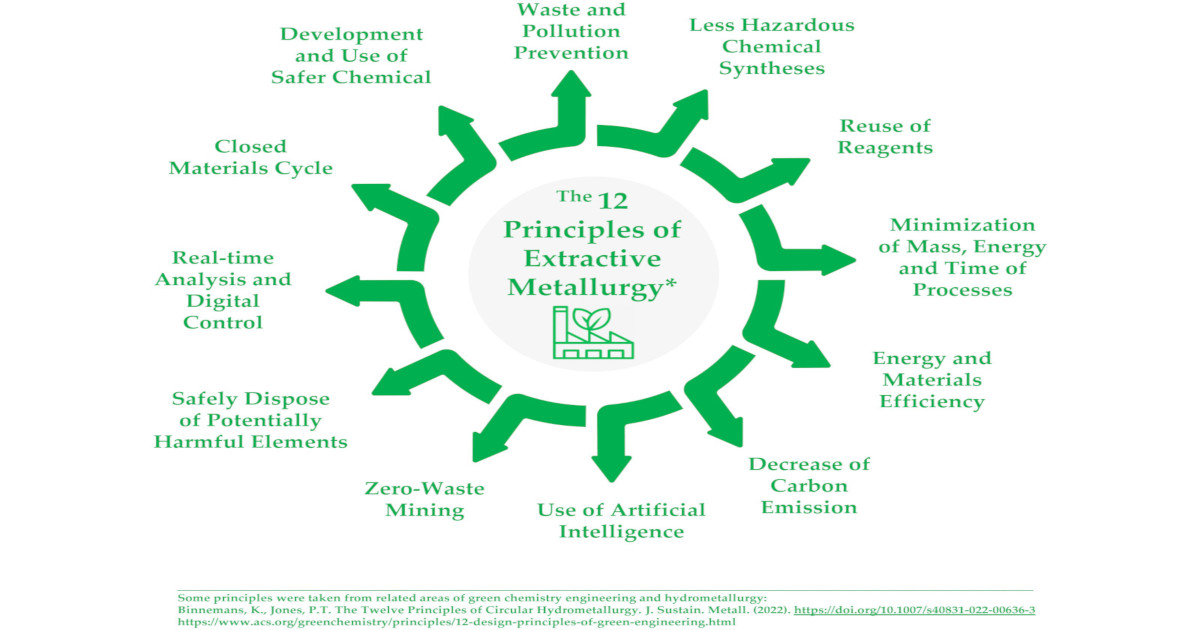Advances in Mineral Processing, Waste Recycling and Extractive Metallurgy
A special issue of Materials (ISSN 1996-1944). This special issue belongs to the section "Advanced Materials Characterization".
Deadline for manuscript submissions: closed (20 July 2023) | Viewed by 48202

Special Issue Editors
Interests: coal ash slags; thermodynamics; phase equilibria; SiO2-Al2O3-CaO-'FeO' system; slag viscosity; liquid metals; smelting processes; metallurgical waste utilization
Special Issues, Collections and Topics in MDPI journals
Interests: coal fly ash; high-silica bauxite; red mud; bauxite residue;aluminium dross; alumina production; coagulant polyaluminum chloride; high-pressure acid leaching (HPAL); flotation; magnetic separation; carbothermic reduction; mineral processing; non-ferrous metals extraction; waste utilization.
Special Issues, Collections and Topics in MDPI journals
Interests: mineral processing; trace element occurrence; hydrometallurgy; utilization of coal combustion waste
Special Issues, Collections and Topics in MDPI journals
Special Issue Information
Dear Colleagues,
The permanent growth of the world economy and industry stimulates a constantly increasing production of ferrous and non-ferrous metals, while the depletion of natural resources leads to demands for the development of new technologies for the processing of low-grade ores and for deep recycling of metallurgical and other anthropogenic wastes. These new technologies in materials processing and waste recovery will play a major role in creating a sustainable future for humankind.
This Special Issue is devoted to the most relevant research in the pyro- and hydrometallurgy methods for extraction and recycling of ferrous and non-ferrous metals, including related studies of the chemical/phase composition and physical properties of the obtained products (concentrates, slags, metals, oxides, solutions, salts, etc.).
Dr. Alex Kondratiev
Dr. Dmitry Valeev
Dr. Jinhe Pan
Guest Editors
Manuscript Submission Information
Manuscripts should be submitted online at www.mdpi.com by registering and logging in to this website. Once you are registered, click here to go to the submission form. Manuscripts can be submitted until the deadline. All submissions that pass pre-check are peer-reviewed. Accepted papers will be published continuously in the journal (as soon as accepted) and will be listed together on the special issue website. Research articles, review articles as well as short communications are invited. For planned papers, a title and short abstract (about 250 words) can be sent to the Editorial Office for assessment.
Submitted manuscripts should not have been published previously, nor be under consideration for publication elsewhere (except conference proceedings papers). All manuscripts are thoroughly refereed through a single-blind peer-review process. A guide for authors and other relevant information for submission of manuscripts is available on the Instructions for Authors page. Materials is an international peer-reviewed open access semimonthly journal published by MDPI.
Please visit the Instructions for Authors page before submitting a manuscript. The Article Processing Charge (APC) for publication in this open access journal is 2600 CHF (Swiss Francs). Submitted papers should be well formatted and use good English. Authors may use MDPI's English editing service prior to publication or during author revisions.
Keywords
- bauxite
- titanomagnetite
- classification
- magnetic separation
- flotation
- hydrometallurgy
- acid or alkali leaching
- bio-hydrometallurgy
- resin sorption
- solvent extraction
- ionic liquids
- crystallization
- precipitation
- pyrometallurgy
- preliminary roasting
- reductive smelting
- calcination
- rare-earth element (REE) ores
- thermodynamics and kinetics
- green chemistry/process
- waste management
- low-grade resources
- slag
- coal gangue
- electric arc furnace
- red mud
- tailings
- coal fly ash
- aluminum dross
- industrial wastes and by-products
Benefits of Publishing in a Special Issue
- Ease of navigation: Grouping papers by topic helps scholars navigate broad scope journals more efficiently.
- Greater discoverability: Special Issues support the reach and impact of scientific research. Articles in Special Issues are more discoverable and cited more frequently.
- Expansion of research network: Special Issues facilitate connections among authors, fostering scientific collaborations.
- External promotion: Articles in Special Issues are often promoted through the journal's social media, increasing their visibility.
- Reprint: MDPI Books provides the opportunity to republish successful Special Issues in book format, both online and in print.
Further information on MDPI's Special Issue policies can be found here.








